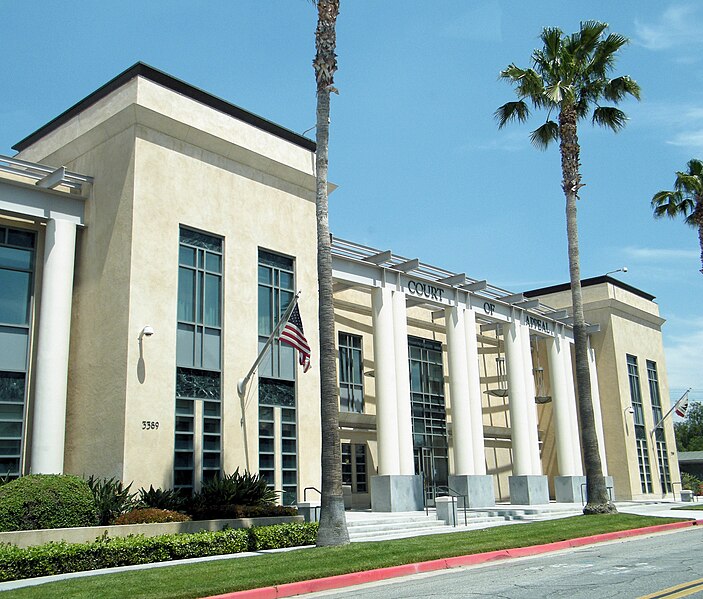Division Two Practice
Miscellaneous Orders
Division Two has posted numerous miscellaneous orders. They include:
- Criminal and juvenile trial counsel will not be appointed to handle appeal of same case.
- Appointed counsel may not execute substitution of counsel except with court order.
- Police reports offered as factual basis for the plea must be included in clerk’s transcript.
- Oral argument is limited to 15 minutes unless court permits longer time.
- Special rules apply to transcripts in multi-defendant appeals.
- No automatic appointment of non-appealing minor’s counsel.
- Multi-document attachments to motions and requests must comply with specific formatting rules.
Benoit Filings
An application to file a late notice of appeal under In re Benoit (1973) 10 Cal.3d 72/Roe v. Flores-Ortega (2000) 528 U.S. 470 should be filed as a habeas corpus petition if the case has no Court of Appeal number. If a case number is assigned, it may be submitted as a motion.
Extensions in Dependency Cases
Division Two dependency appeals from .26 hearings are fast-track cases. Thus, counsel must show exceptional good cause for extensions, and extensions are granted only for 30 days and only for opening briefs.
Exhibit Transmission
Division Two sends its own form for transmission of exhibits to counsel with the appointment order.
ADI Assistance with Superior Court Files and Exhibits
ADI does not make regular trips to Division Two to obtain documents. Thus, counsel should first try to obtain documents themselves by asking trial counsel or filing an augment motion or rule letter. In cases where counsel cannot obtain the documents and resides out of county, counsel may contact the assigned staff attorney to see if ADI can help. For Riverside County cases, ADI can obtain both superior court documents and exhibits. For San Bernardino County cases, counsel must file a motion for the Court of Appeal to copy and transmit media exhibits to counsel. For documentary exhibits, counsel should file an augment motion. ADI can usually obtain copies of superior court documents through the superior court’s online portal.
Juvenile Fast-Track Cases – Oral Argument and Reply Brief Extensions
When the respondent’s brief is filed, the court sets the case for oral argument and sends an order to the parties that (1) oral argument will be held on one of two dates, (2) provides the date that a formal calendar notice will be sent, and (3) advises that the tentative opinion will be provided at a later date.
The letter sent with the tentative opinion will give the parties an opportunity to waive oral argument within five (5) days. If waivers are not received from all parties within that time, the matter will remain on calendar as noticed.
Because the case is set for argument when the respondent’s brief is filed, the court requires an exceptional showing of good cause in order for a party to obtain an extension to file the appellant’s reply brief.
Tentative Opinions
Division Two is the only California appellate court that sends a tentative opinion to counsel at the conclusion of briefing. The tentative opinion is subject to change after submission of the case, with or without oral argument, both as to the merits and publication status. The tentative opinion is meant to assist counsel in deciding whether to request or waive oral argument. It also serves to focus argument if argument is requested. Normally the court’s tentative opinion is accompanied by a cover letter telling counsel the court will not schedule argument on its own and instead inviting counsel to request oral argument if counsel so wishes. The more rare letter advises counsel the court will schedule oral argument on its own.
Division Two Practice

